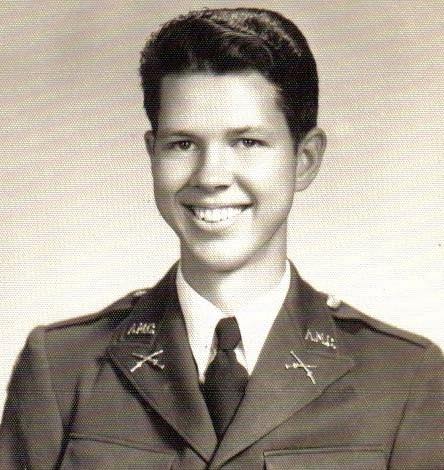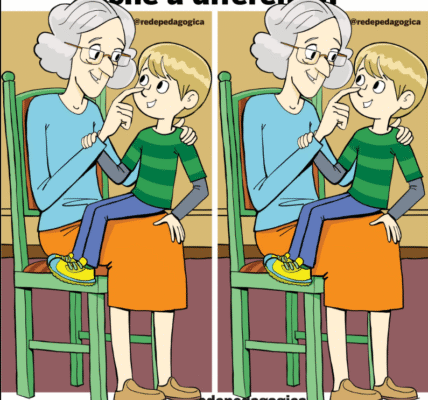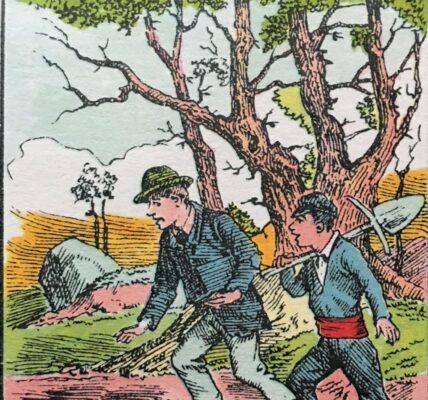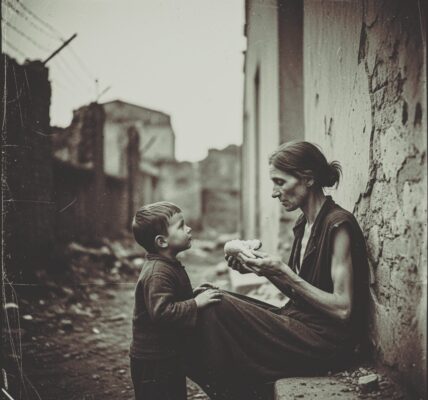KIA August 19, 1944 – France
On a spring day in April 1922, in the quiet town of Tehuacana, Texas, a boy was born who would carry both the promise of a future and the weight of a nation’s destiny. His name was Harrell Leonard Cole, the son of Frank and Bessie Cole, a brother to two sisters and a brother, a young man whose smile held the brightness of a Texas sun and whose eyes reflected both intelligence and kindness. Few who knew him as a child could have imagined how short his life would be, or how deeply it would become interwoven with one of the most decisive battles of the Second World War.
Harrell’s childhood was steeped in simplicity and discipline, shaped by family, faith, and the values of small-town America. His parents instilled in him a respect for hard work and a sense of duty, while his years at Texas A&M University forged in him leadership, camaraderie, and the determination to serve something larger than himself. When he graduated and was commissioned as an Army officer in November 1943, the world was already burning. Europe groaned under the tyranny of Nazi oppression, and millions suffered in camps, ghettos, and occupied cities. Young men like Harrell Cole were asked to leave behind the warmth of home to fight in lands they had never seen, for people they would never meet, because freedom itself demanded it.
By the summer of 1944, he was serving with the 318th Infantry Regiment of the 80th Infantry Division, a unit whose journey would take them deep into the heart of France during one of the most desperate stages of the war. Following the Normandy landings in June, the Allied push into occupied territory was relentless, but so too was the German resistance. Every hedgerow concealed danger, every village carried the echoes of loss. For the young lieutenant, war was no longer a distant cause—it was the dirt under his boots, the exhaustion in his bones, and the silence of men who would never again write home.
On August 19, 1944, amid the chaos of the Battle of the Falaise Gap near Argentan, France, Harrell Cole’s story reached its tragic end. He was just twenty-two years old when he was killed in action, his life extinguished in a foreign land even as the battle raged toward its decisive conclusion. The Falaise Gap would become remembered as the moment when the German Army in France was finally encircled and broken, but victories like this were written in the blood of men like Cole. They were not statistics, not faceless soldiers in faded photographs, but sons, brothers, classmates, and friends—each carrying a future never to be lived.
The cruelty of war lies not only in the violence of the battlefield, but in the absences left behind. In Tehuacana, the Cole family received the dreaded telegram that shattered their world. For Frank and Bessie, the news meant their son would never return to walk the familiar fields of Texas. For his sisters and brother, it meant growing old without the presence of the boy who had once laughed with them beneath summer skies. For his classmates at Texas A&M, it was a reminder that the ring on their finger was not just a symbol of achievement but a bond of sacrifice.
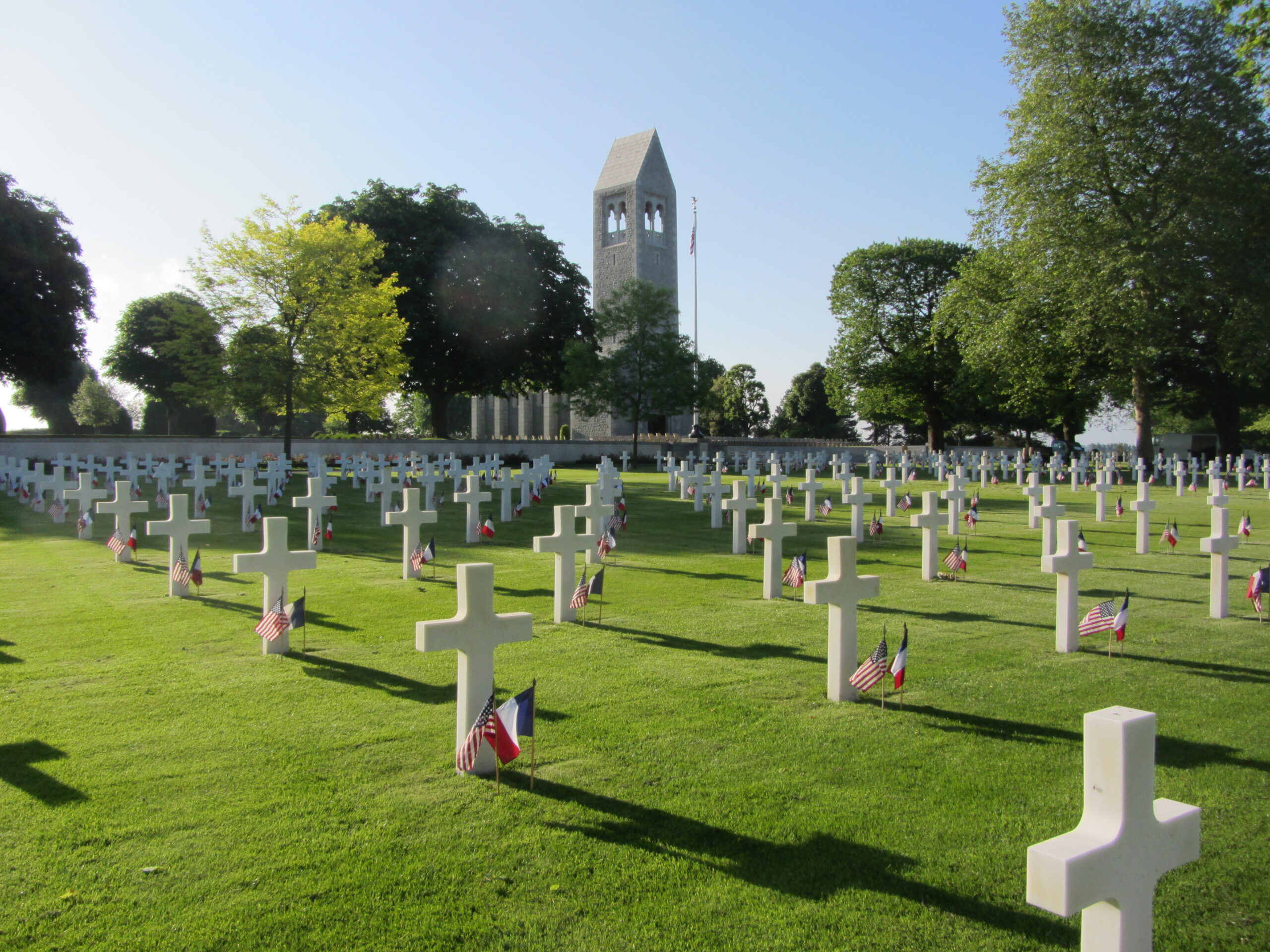
Yet Harrell Leonard Cole’s story does not end with his death. His name is etched in stone at the Brittany American Cemetery and Memorial in France, Plot E, Row 13, Grave 7. Thousands of white crosses stretch across the green landscape there, each representing a young life cut short, each carrying a story like his. When French civilians walk among those graves, they see not only American soldiers but liberators, young men who crossed oceans to fight tyranny so that Europe might breathe free again. Cole rests not as a forgotten soldier, but as a guardian of freedom, his sacrifice part of the fragile thread that binds past and present.
The tragedy of his death at twenty-two is matched only by the dignity of what he represents. In his brief life, he became part of something eternal: the fight against oppression, the defiance of cruelty, and the enduring belief that justice is worth the highest price. Every visitor who kneels at his grave, every hand that brushes the carved letters of his name, feels the echo of that truth.
Stories like Harrell Cole’s remind us that war is not merely strategy or maps, but flesh and bone, dreams and heartbreak. He could have been a teacher, a husband, a father. He could have grown old beneath the wide skies of Texas. Instead, his life ended in the fields of France, his memory forever tied to the liberation of a continent.
Today, as we look back 81 years after his death, his story resonates more than ever. In an age where freedom can still feel fragile, the sacrifice of young men like Harrell Cole calls us to remember the cost at which liberty was purchased. It challenges us to cherish peace not as an entitlement but as a gift bought by others.
In Tehuacana, his hometown, perhaps the wind still carries whispers of a boy’s laughter. In France, the earth holds the silence of his sacrifice. But in the hearts of those who honor him, Harrell Leonard Cole lives on—not only as a soldier who fell in battle, but as a symbol of courage, of selflessness, and of the eternal bond between those who fight for freedom and those who inherit it.
When the sun sets over the rows of white crosses in Brittany, it casts long shadows over names like his. Yet those shadows are not darkness—they are reminders. Harrell Leonard Cole’s story is not just about death; it is about love, duty, and the enduring hope that one life, however short, can shape the destiny of many.
